ECU tuning is an automotive modification technique that has been imported from abroad. Initially, car owners viewed it as a high-end gadget. Some owners argue that tuning the ECU to enhance power can harm the engine, leading to increased fuel consumption and reduced engine lifespan. They believe sacrificing engine longevity for power enhancement is not worth it. However, some car owners have reported no abnormal issues after tuning their ECU; in fact, they found that they saved fuel alongside the power boost. What is the reason behind this?
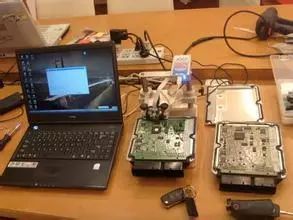
The ECU is the control unit of our car’s computer, often referred to as the car’s brain. To be more specific, this intelligent computer program is the core that controls our engine’s operation. What does it primarily control? It mainly regulates three parameters: the engine’s intake volume, fuel injection amount, and ignition timing. These three parameters directly affect the engine’s transmission power, torque, and operational efficiency.
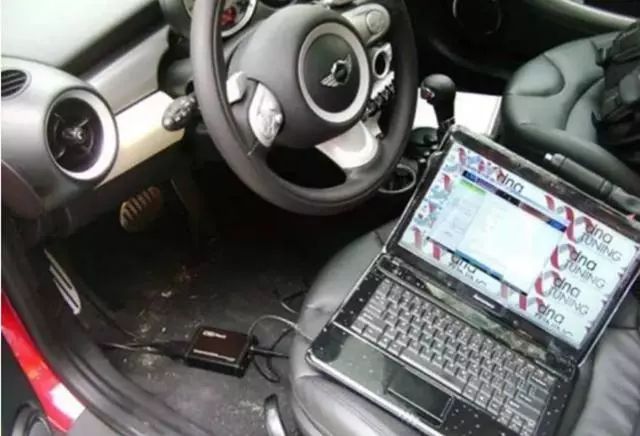
■ ECU Tuning is Mainly Divided into Three Types: Flash Tuning, Piggyback Tuning, and Replacement Tuning
Flash tuning is somewhat similar to the concept of flashing an Android system, where a new program is loaded into the ECU without changing the original hardware. This directly modifies the engine’s torque, power, and other parameter outputs. Since it does not involve altering original parts, this method is relatively reliable.
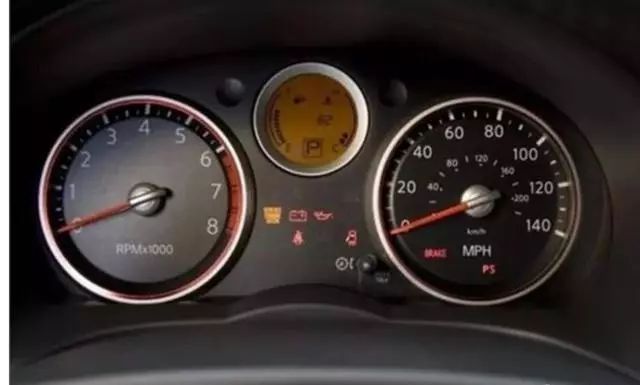
The difference between piggyback tuning and flash tuning lies in the fact that piggyback tuning alters the signals sent from the sensors to the ECU, causing the ECU to adjust output parameters based on these signals. As a result, the vehicle becomes more aggressive after modification.
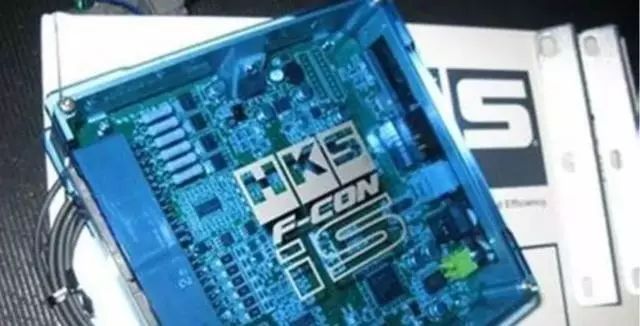
Some automotive modification enthusiasts enhance components like the suspension, transmission, and internal engine mechanisms. In such cases, the stock ECU may not be able to handle the enhanced hardware, necessitating the use of a high-performance third-party ECU. This tuning method yields the most significant power increase, but it has a major prerequisite: the hardware must be reinforced, or it could severely damage vehicle components’ reliability.
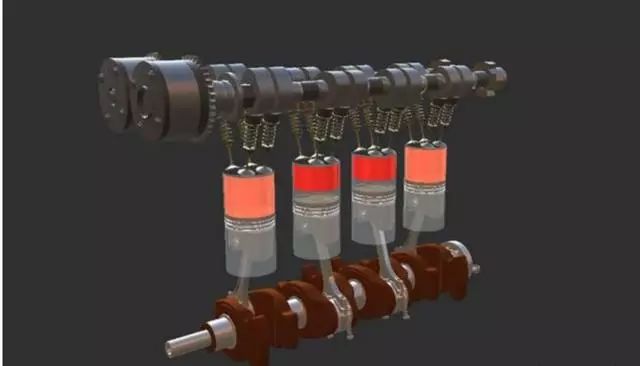
In fact, ECU programming is not only used for power enhancement but is also frequently required when repairing the engine’s computer. Many times, abnormal engine operation is due to lost data in the ECU, such as engine shaking, excessive emissions, unstable idle, higher than normal fuel consumption, lower power than stock, or inability to start. Particularly, many domestic and joint venture brands have unstable ECU programs with imprecise data, often requiring ECU reprogramming to resolve issues.

For enhancing factory power through ECU tuning, as long as the ECU program is modified within a reasonable and correct range to improve engine efficiency, it will not adversely affect the engine. The reason is that in the professional field of ECU upgrades, the tuning of ECU program values is determined based on the engine in use. It is not simply a matter of changing fuel injection and ignition timing data to increase power. ECU program upgrades involve a series of adjustments to the engine’s operational data, making it better suited to the engine in use. Of course, if the ECU program is upgraded without sufficient technical expertise, it can lead to many adverse consequences.

■ Why Don’t Car Manufacturers Optimize the ECU Programs to the Best?
For car manufacturers, a vehicle’s fuel consumption, reliability, and comfort must find a balance. The electronic control unit, abbreviated as ECU (Electrical Control Unit), is produced by international multinational companies such as BOSCH, SIEMENS, and MM, whose products are sold worldwide. Due to differences in gasoline quality, temperature, atmospheric pressure, humidity, and engine types in each country, the ECU program software must be set to meet the conditions of each country to avoid incompatibility. Additionally, it must be sturdy, durable, economical, and environmentally friendly, leading to the original car computer’s settings being relatively conservative, leaving room for modifications and upgrades.

■ Will Fuel Consumption Increase After Upgrading? This is a Common Concern Among Car Owners
Some models actually save more fuel after ECU tuning, as the engine produces more power per unit of time. When traveling the same distance, the time spent on the accelerator pedal is less than before. For example, what previously required 2/3 throttle to produce torque can now be achieved with only 1/3 throttle. This is because ECU upgrades improve energy efficiency rather than simply increasing output power. This misconception that ECU tuning leads to higher fuel consumption is prevalent. Additionally, ECU programming enhances driving pleasure. It does not equate to driving fast or speeding. Besides increasing horsepower, it also improves vehicle handling performance. The goal is not to push horsepower to exceed speed limits but to enjoy the pleasure of driving within legal speeds.

■ What Else Should Be Considered After ECU Tuning for Power Enhancement?
1. It is recommended that vehicles after ECU upgrades reinforce their braking systems. Some models’ original brakes barely meet the requirements. After tuning, the increased horsepower may lead to inadequate braking.
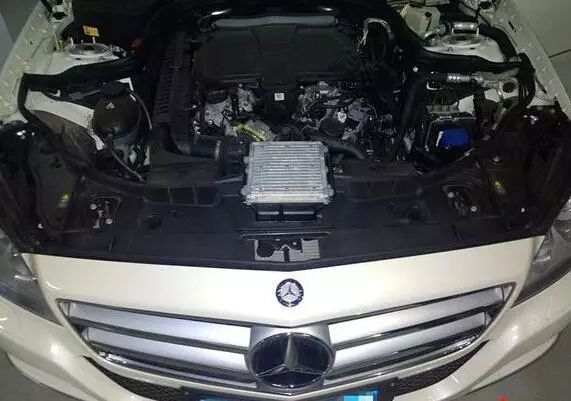
2. Shorten the original maintenance interval. Due to the increased power of the engine, internal components will bear greater torque. To ensure the engine’s maximum lifespan, shortening the maintenance interval is necessary (it can be adjusted based on conditions after two maintenance sessions).
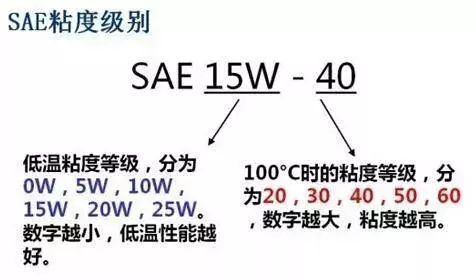
3. After ECU tuning, it is advisable to use a higher viscosity oil than before.
Lastly, a reminder for ECU tuning shops: always check the vehicle’s condition before programming, as this is responsible for the car owner and can also prevent unnecessary troubles for yourself. Some cars may have underlying issues that become apparent after ECU tuning, which can be hard to explain.


Automotive Era
————————

 Long press the QR code to “recognize” and follow
Long press the QR code to “recognize” and follow
Join Us
Host: Zhao Yu, Da Xiong
Editor: Zi Qian
Source: Network Comprehensive